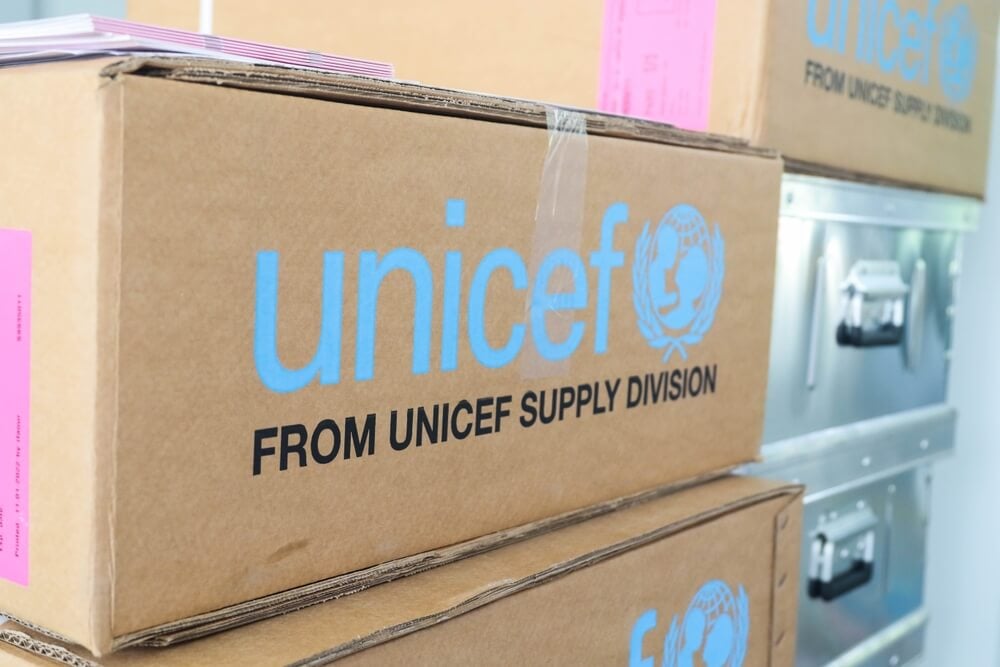The world is likely to sideline the US and push ahead later this month with a UN declaration to tackle non-communicable diseases such as cancer and diabetes, which the WHO says kill 43 million people a year.
Robert F. Kennedy, US health secretary, rejected the declaration, but this is unlikely to deter other governments, which want to take on the growing burden of NCDs that account for three out of four deaths worldwide.
The Trump administration may be trying to put America First but is facing another example of how it is pushing away the rest of the world, which is increasingly sidelining Washington to achieve progress on global issues such as health, defence and the climate.
US blocks NCD declaration
The NCD declaration is the result of months of painstaking negotiation, but Kennedy managed to find items within it that run counter to his administration’s MAGA ideology, such as abortion, even though the final draft text had no reference to this.
The text “exceeds the UN’s proper role,” he told the UN General Assembly on Monday. “The WHO cannot claim credibility or leadership until it undergoes radical reform. The United States objects to the political declaration of non-communicable diseases.”
Regardless, dozens of presidents, prime ministers and health ministers urged member states to approve the declaration in a General Assembly vote, likely later in October. Furthermore, few of them have followed Washington in withdrawing from the WHO.
Screening for cervical cancer is a relatively simple process that can save millions of lives
Endorsement of the NCD declaration — which integrates NCD health targets and access to affordable medicines and mental health care — was made by countries including China, the EU and the Group of 77 emerging economies.
Kennedy’s rejection is all the more ironic because much of the declaration would appear to fall in line with his drive to Make America Healthy Again, which focuses on chronic illness, childhood obesity and ultra-processed food.
The final draft text does say NCDs should be mainstreamed into “sexual and reproductive health programmes”. For example, screening for cervical cancer is a relatively simple process that can save millions of lives.
Health aid expected to decline
The NCDs text came under criticism from health experts, who said an earlier draft was watered down after lobbying by industry to remove, for example, references to sugary drinks and promotion of high taxation on alcohol and tobacco.
The fast-food industry also appeared to evade responsibility for its contribution to disease. A reference to obesity as “largely driven by unhealthy food environments” was replaced by factors including “the unaffordability and unavailability of healthy diets,” sleep deprivation and stress.
The declaration “dilutes language on proven, cost-effective prevention measures, omits essential commitments on health taxes, and weakens recognition of the role of civil society,” said the NCD Alliance advocacy group.
Health aid is expected to decline by nearly 40% this year compared to just two years ago
The declaration’s targets are also below those in the Sustainable Development Goals adopted by the UN in 2015 that called to reduce by one-third by 2030 premature deaths from NCDs. These now account for 74% of premature deaths around the world.
The text says by 2030, there should be 150 million fewer people using tobacco, 150 million more people with hypertension under control, and 150 million more people with access to mental health care.
Even these ambitions will be tough to achieve given that health aid is expected to decline by nearly 40% this year compared to just two years ago, according to WHO analysis.
Global efforts to tackle infectious diseases at risk
In 2023 and before Trump dismantled USAID, the US was the world’s largest foreign aid donor and gave $62 billion, about the same as the next three largest donors combined: Germany, Japan, and the United Kingdom, according to Our World in Data, a project run by a UK-based non-profit.
 Life-saving medicines remain stored in warehouses, health professionals are losing their jobs, clinics are closing, and millions of people are being deprived of care - UN
Life-saving medicines remain stored in warehouses, health professionals are losing their jobs, clinics are closing, and millions of people are being deprived of care - UN
It estimated that among the benefits of aid, such as alleviating poverty, American taxpayers saved around three million lives a year.
“Life-saving medicines remain stored in warehouses, health professionals are losing their jobs, clinics are closing, and millions of people are being deprived of care,” said the UN.
Global efforts to tackle infectious diseases are also at risk, particularly through the Global Fund to Fight AIDS, Tuberculosis and Malaria, Médecins Sans Frontières warned last month.
“The idea of ‘domestic resource mobilisation” — that global health funding can be replaced by national governments — is not viable in many places where we witness people falling ill and dying,” it said.
The numbers are not adding up
There may be more than 14 million avoidable deaths by 2030, which includes over 4.5 million children under the age of five — or around 700,000 child deaths a year, says a study published in July in The Lancet.
“We have been forced into a triage of human survival,” said Tom Fletcher, UN Under-Secretary-General for Humanitarian Affairs. “The math is cruel and the consequences are heartbreaking.”
No children are dying on my watch - Marco Rubio
The numbers are indeed stark and pitiful. It only costs $16 a month to look after a refugee in Uganda, but the UN is cutting this to $5 a month.
Marco Rubio, US secretary of state, said in May as Washington doubled-down on its aid cuts: “No children are dying on my watch.”
But his numbers are not adding up.